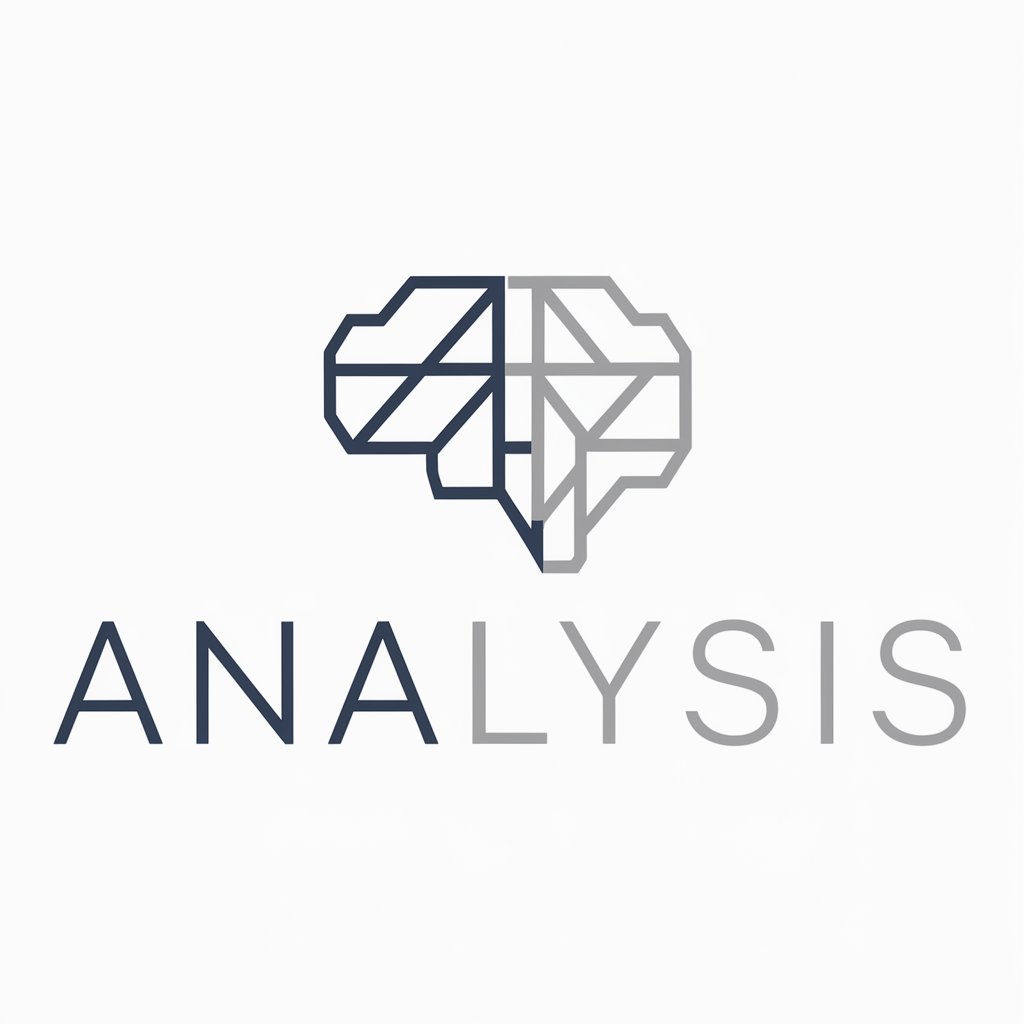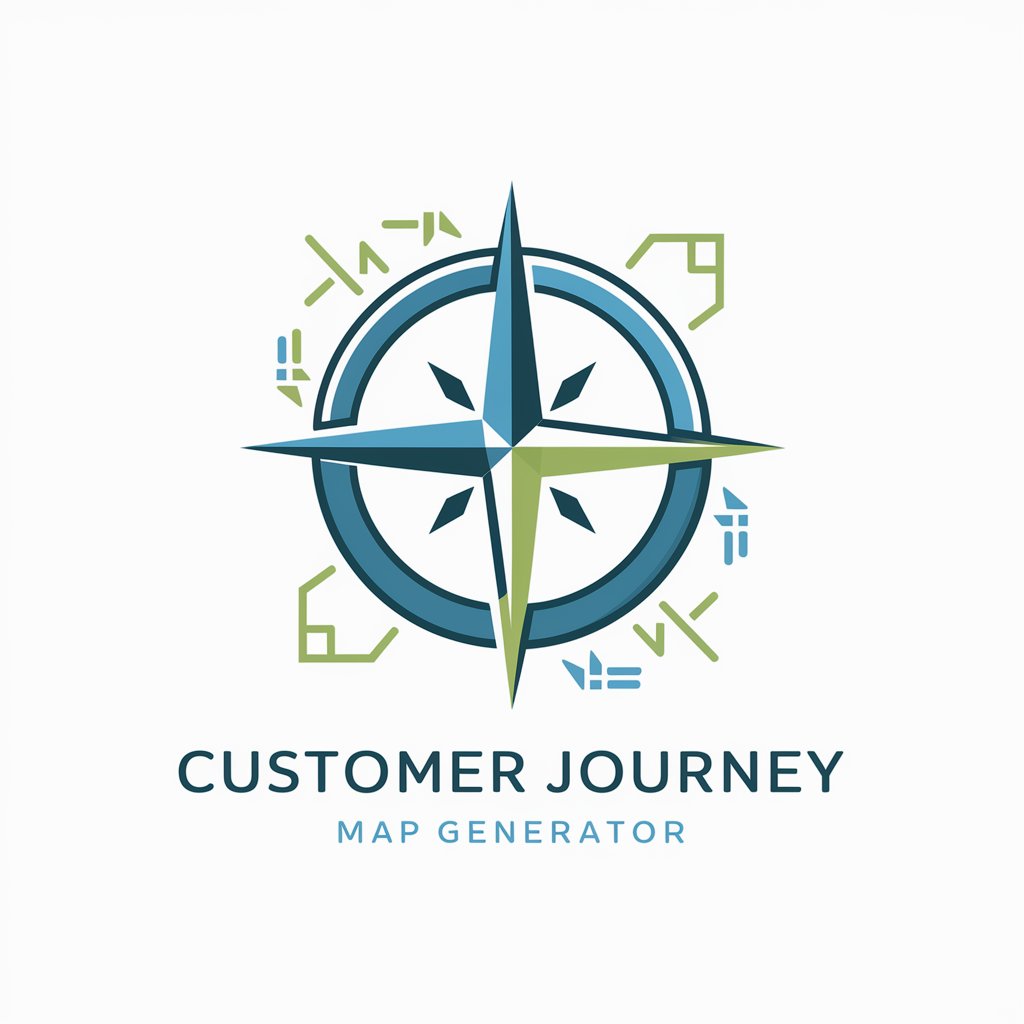Analysis - AI tool for in-depth problem-solving.

Hello, how can I assist you with your problem-solving today?
Unlock Comprehensive Problem Solving with AI
Describe a structured approach to solving a complex problem in...
How would you analytically break down the steps to...
What are the key inputs and outputs when addressing...
Outline a detailed plan for evaluating the effectiveness of...
Get Embed Code
Overview of Analysis
Analysis is a specialized AI tool designed to assist with structured problem-solving across various domains. The core of its functionality revolves around methodical reasoning, where it breaks down problems into detailed components such as goals, inputs, outputs, constraints, and rules. Analysis then proposes multiple solutions, evaluates their feasibility, and tests these solutions against diverse scenarios to ensure robustness. For example, in software development, Analysis can dissect a bug report, outline potential causes, suggest fixes, and test those fixes against likely and edge-case scenarios to validate their effectiveness. Powered by ChatGPT-4o。

Core Functions of Analysis
Problem Breakdown
Example
When faced with a complex logistics problem involving the optimization of delivery routes under constraints such as time, cost, and vehicle capacity, Analysis can decompose the problem to understand each element and its impact.
Scenario
Used by a logistics manager, this function helps in formulating a step-by-step approach to solve the routing issue, potentially saving time and reducing operational costs.
Solution Proposal
Example
In a scenario where a company faces repeated software crashes, Analysis would analyze error logs, user reports, and system configurations to hypothesize several probable causes and corresponding solutions.
Scenario
This function benefits software engineers by providing a systematic method to tackle bugs, enhancing the software's stability and user experience.
Robust Testing
Example
For a new feature in a financial application that calculates taxes, Analysis would generate test cases covering various tax brackets, incomes, and deductions to ensure the feature's accuracy across all potential user cases.
Scenario
This function is crucial for quality assurance teams to ensure that new features perform correctly under all expected conditions and edge cases, thus preventing costly errors post-release.
Target User Groups for Analysis
Software Developers
Developers benefit from Analysis's ability to systematically break down bugs and issues, propose multiple potential solutions, and test these solutions in a structured manner. This aids in efficient debugging and enhances the development cycle.
Project Managers
Project managers can utilize Analysis to oversee project tasks, identify potential bottlenecks before they become issues, and streamline processes to enhance productivity and ensure project goals are met on time and within budget.
Data Scientists
For data scientists, Analysis is a tool to methodically approach complex data-related problems, verify data integrity, develop models, and test them against diverse scenarios to ensure they are robust and reliable.

How to Use Analysis
Visit yeschat.ai for a free trial without login, also no need for ChatGPT Plus.
Access Analysis Tool
Once on yeschat.ai, navigate to the Analysis tool either through the homepage or by searching for it in the menu.
Input Your Query
Enter your specific questions or problems into the Analysis tool's interface.
Review Results
Receive detailed, comprehensive responses from Analysis, covering various aspects of your query.
Iterate and Refine
If needed, refine your queries or explore additional functionalities of Analysis for a deeper understanding of your problem.
Try other advanced and practical GPTs
Customer Journey Map Generator
Unveil Insights with AI-Powered Journey Mapping

collage maker
Unleash Your Creativity with AI-Powered Collages

Solana Price Trader & Predictor
AI-powered trading insights for Solana

Sales Copywriting Machine
Transform Your Content with AI Magic!

Chief of COP at LemTech
Enhance Python proficiency with AI guidance.

Hadon - Dreams Interpreter
Unlock insights with AI-powered dream analysis.

analysis
Unlock insights with AI-powered analysis.

Sports Betting Gambler AI V3
AI-powered insights for smarter sports betting

Image Visualization
Transform text into stunning visuals with AI.

Music Video
Unleash Your Creativity with AI-Powered Music Videos

Haircut Visualiser Tool
Try on haircuts instantly with AI

PM Enhancer AI
Enhance Projects with AI Precision.

Q&A about Analysis
What are the key features of Analysis?
Analysis offers in-depth problem-solving assistance, comprehensive explanations, diverse perspectives, and iterative refinement.
How does Analysis handle complex queries?
Analysis employs AI to break down complex problems, provide detailed insights, and offer multiple potential solutions.
Can Analysis generate additional tests for a given problem?
Yes, Analysis can generate diverse test scenarios beyond the original inputs to ensure comprehensive coverage and understanding of the problem.
How does Analysis rank potential solutions?
Analysis ranks solutions based on correctness, simplicity, and robustness, ensuring optimal problem-solving outcomes.
What are some common use cases for Analysis?
Analysis can be used for academic writing, research, problem-solving in various domains, content creation, and decision-making support.
